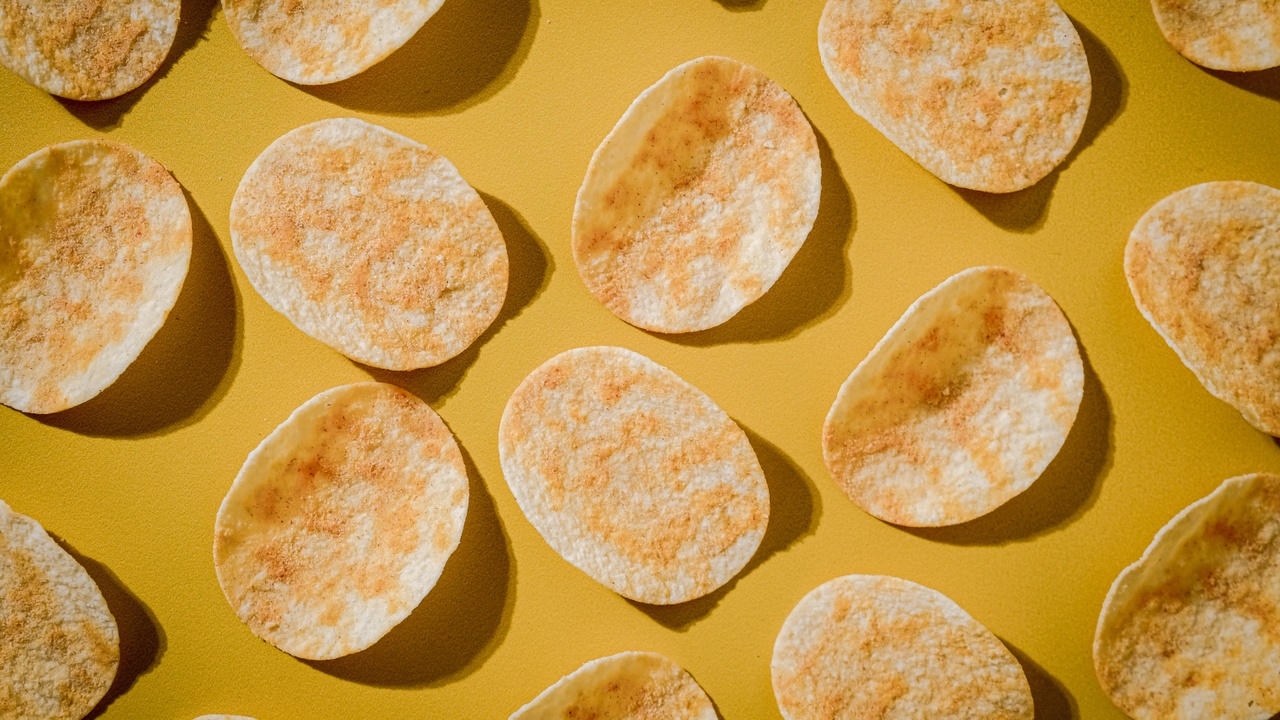How To Find Balance Between Accepting Cravings And Over-Indulging: Why We Have Cravings
Jun 14, 2022
When practicing food freedom, it can feel difficult at times to distinguish between simply accepting your cravings and over-indulging.
On the one hand, you want to lift restrictions and give yourself unconditional permission to eat, but on the other hand, you want to still respect your boundaries and fullness cues. If you’re ALWAYS accepting your food cravings even if not hungry, isn’t that over-indulging?
Here’s my take on it:
You get to define what over-indulging is for you. It’s different for everyone. Someone might personally find having 2 desserts per day over-indulgence. Someone else might find that totally acceptable.
You know you best. Therefore you know when you’re going overboard. You know when you’re going past the boundaries you’ve set for yourself.
What are those boundaries?
Instead of rigid rules like you may have lived by before like “you’re not allowed more than one sweet daily”, with food freedom you’re encouraged to have boundaries.
Boundaries are set to protect your energy. They’re flexible. There’s no ‘failing’ or ‘breaking them’, there’s no punishment or guilt if you don’t ‘obey’ them.
They’re rough guidelines that you mostly live by to keep you feeling your best. An example could be: I try to minimise cookies and brownies because they spike my blood sugar - but I have them time to time because they’re delicious!
Another boundary might be, “I mostly eat to about 8/10 fullness because I don’t go into a food coma after!”
So when you overstep these food boundaries you might call it over-indulgence.
Should you ALWAYS accept cravings?
Food freedom tells us that we shouldn’t resist foods we crave because the craving only gets bigger.
But I want to challenge that a little bit!
Firstly, food freedom is about FREEDOM. It’s about freedom of choice.
You have a CHOICE whether you accept a craving. You don’t always have to honour it. Maybe it’s not a practical time to accept it (e.g. busy in work meetings), maybe you know you’ll be eating a meal in an hour so don’t want to fill up on your craving food.
Maybe by accepting this craving, you’ll be overstepping a boundary like “I prefer to eat more whole foods than processed foods”
Food freedom is about releasing the ‘should’s’ and rules! You don’t always have to accept a craving. You don’t always have to eat when you feel the slightest bit hungry. You don’t always have to have ex-binge foods in the house. It’s actually up to you what you want to do.
It’s also important to note that cravings aren’t ALWAYS caused by restricting a specific food like chocolate. You might be craving chocolate because you’re withholding it and it’s causing that ‘Forbidden Fruit’ effect where we want what we can’t have.
But!
Cravings can come down to all sorts of physical and mental reasons like:
- A nutrient-poor diet. Nutrients like protein and fiber can help you feel full. A diet that’s low in these nutrients may cause you to feel hungry or experience cravings, even if you have otherwise eaten enough calories.
- Lack of sleep. Too little or poor quality sleep can disturb your levels of the hormones responsible for regulating hunger, fullness, and sleep-wake cycles, possibly intensifying food cravings, especially in the evenings
- Highly processed foods. There is some evidence that highly processed foods rich in added fat and sugar may cause addiction-like symptoms, in turn, possibly increasing cravings.
- Stress. Stress can increase your levels of the hormone cortisol. High cortisol levels may be linked to hunger, cravings, and a higher likelihood of stress- or binge-eating behaviors.
- Your personality. Some evidence suggests that people who are more impulsive or have higher scores on measures of addictive personality may also have a higher likelihood of experiencing food cravings.
- Eating context. Your brain can associate eating a specific food to a specific context — for instance, popcorn and a movie. This may cause you to crave that particular food the next time the same context comes around.
- Your mood. Certain moods may trigger cravings for specific foods. For example, negative moods appear to often spark cravings for comfort foods.
To conclude, when practicing food freedom, it can certainly help to allow all of those foods that you’ve been restricting for possibly years. It helps normalise those foods and allow your mind to see that they’re not off-limits anymore. It helps you stop obsessing so much about those foods.
But we don’t have to accept every single craving that pops up. You get to decide if you’d like to listen to that craving or not. You also get to decide whether it feels like over-indulging or not.
If you need help with finding food freedom that doesn’t feel like you’re constantly saying ‘yes’ to every single craving, I encourage you to check out the 30 Day Reboot course.
With Love
Bríd
Start your food and body healing journey with the FREE masterclass
"Why You're Still Binge-Eating & How To Stop"

